Overview
Chinese Name: 夏朝
English Name: Xia Dynasty; Xia Chao
Other Name: Xi Yi Xia 西邑夏; Xi Yi 西邑; You Xia 有夏
Duration: About 2070 BC – 1600 BC
King: Yu the Great 大禹; Qi of Xia 夏启; Tai Kang 太康; Shao Kang 少康; Jie of Xia 夏桀
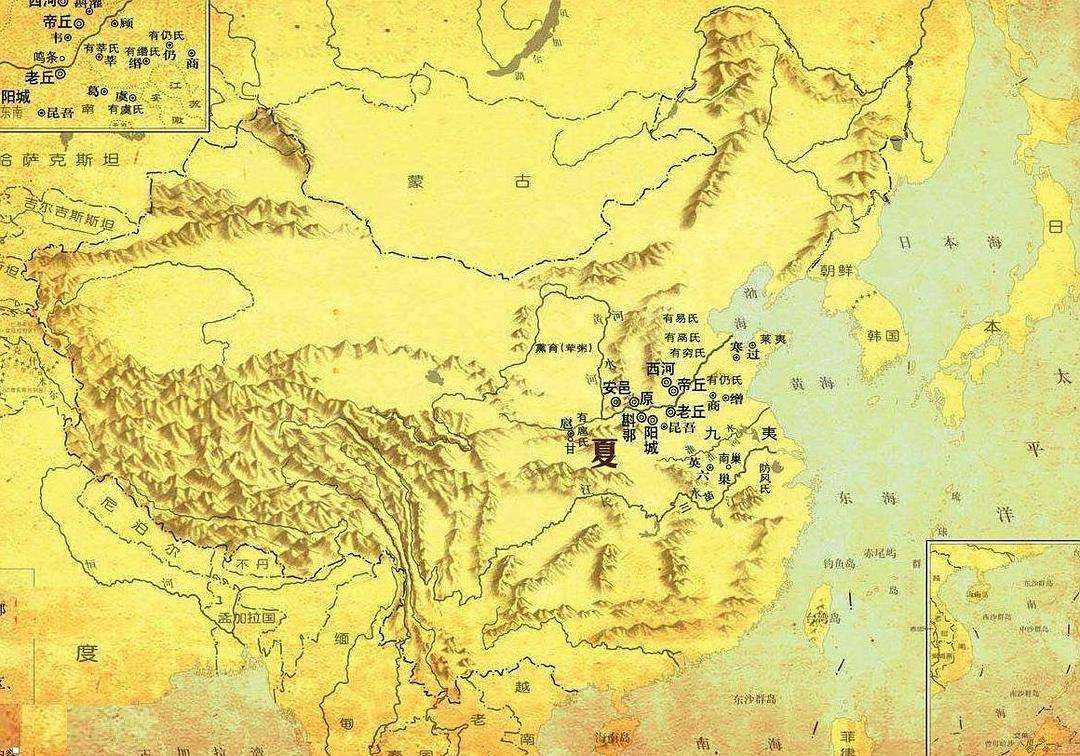
Brief Introduction
The Xia Dynasty 夏朝 is the first hereditary dynasty recorded in Chinese history books. The founder of the Xia Dynasty was Da Yu 大禹, and the capital was Yangcheng 阳城 (now Dengfeng, Zhengzhou, Henan 河南郑州登封). According to historical records, Yu originally passed the throne to Yi 益, but Yi gave it to Yu’s son Qi 启. This is regarded as the beginning of “Family Rule the World家天下” in Chinese history.
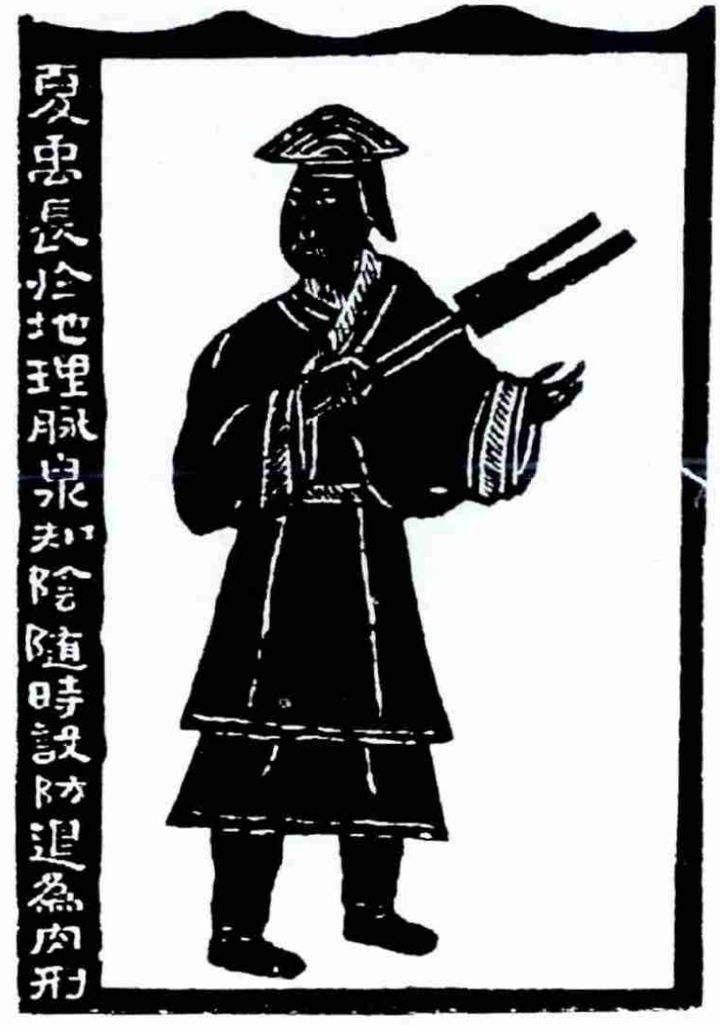
The Xia Dynasty is often called “Xia” in history. There are ten sources of this appellation, among which the more credible view is that “Xia” is a pictograph of the totem of the Xia Clan夏氏族.
Sima Qian 司马迁 recorded in the Shi Ji 史记 that there were twelve clans in the Si family. They formed a tribe headed by “Xia Hou 夏后”, and the tribe name was “Xia”. Therefore, after the establishment of the Xia Dynasty, the tribe name was taken as the country name. The Xia Dynasty was founded on the ruins of the primitive social system.
Major Historical Events
King Yu Combating the Flood 大禹治水
At that time, the river was flooded. In order to resist the flood, many tribes formed tribal alliances. Gun 鲧 was elected by the four mountains to govern the water. It took nine years and finally failed. Yu was the son of Gun. After his death, Yu was ordered to cooperate with Gonggong and many other tribes to gradually carry out flood control.
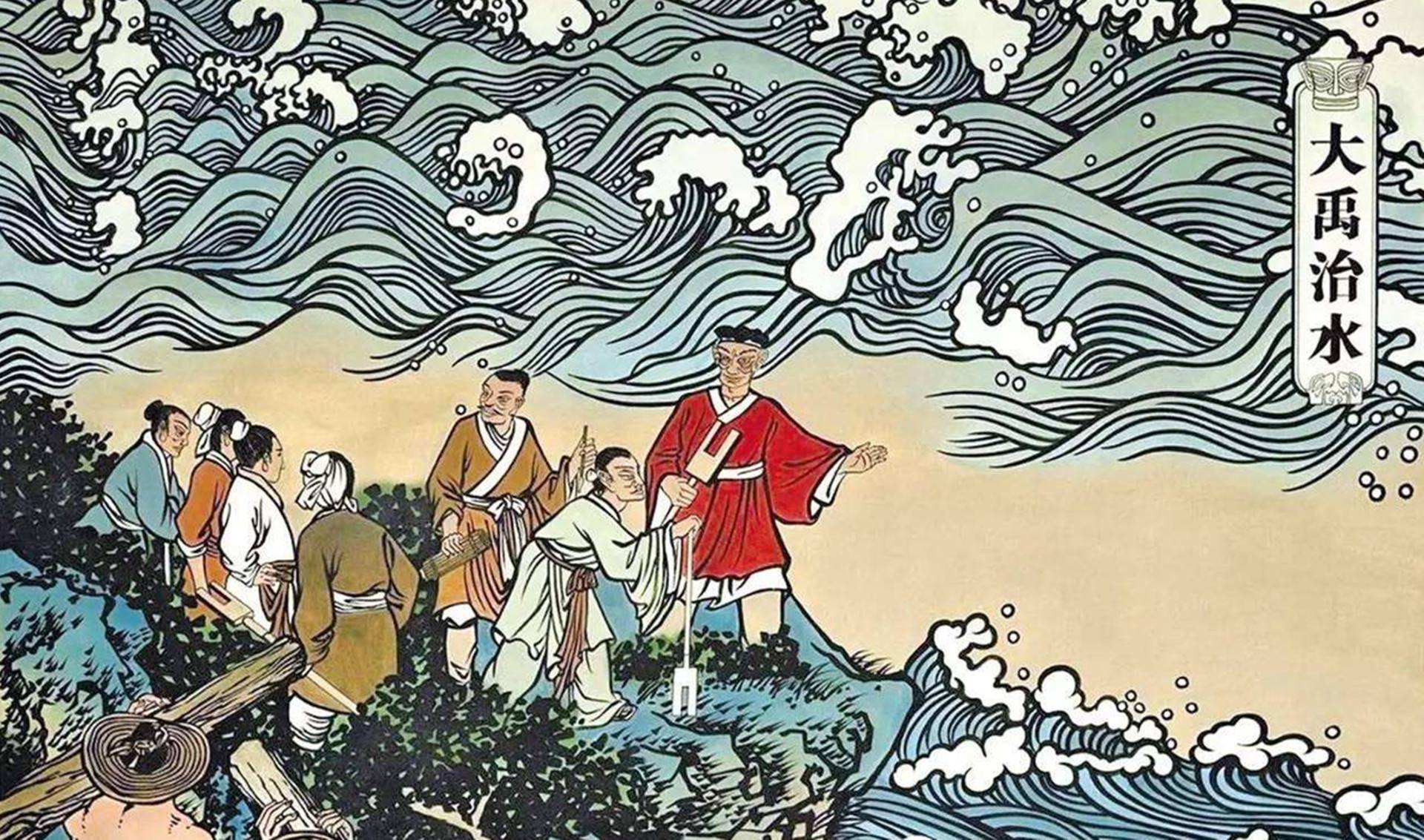
Yu abandoned the flood control strategy of “blocking” and changed it to focusing on dredging, that is, according to the height of the terrain, dredging the river and ponding in the highlands, so that the fertile plain can reduce the disaster of the flood. After treatment, most of the residents who were originally concentrated in the high-lying areas along the great plains moved to the relatively low and flat fields to reclaim the fertile land. Those lush vegetation and breeding places for birds and animals have become places where people are willing to settle down.
Due to Yu’s meritorious work in controlling floods and promoting agricultural production, the power of Xia tribe was strengthened and the social productivity was significantly improved, which provided the necessary economic foundation for the establishment of Xia Dynasty.
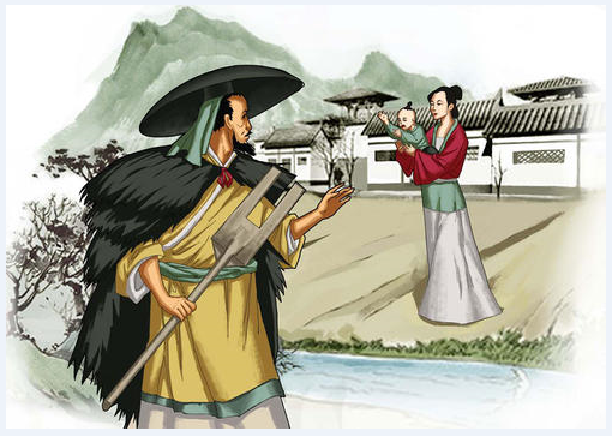
According to historical records, When Yu was managing the flood, he passed the door of his house three times but didn’t go in三过家门而不入, Dayu’s arduous spirit was praised by later generations, and the process of flood control also promoted the unity of all tribes.
Taikang Lost His Country 太康失国
Qi lived a luxurious life in his later years, indulged in singing and dancing all day, and ignored the political affairs of the central government. After Qi’s death, there was civil strife in the royal family. The five sons fought fiercely for power.
Later, the power and position were obtained by Taikang 太康. Unfortunately, after Taikang ascended the throne, he did not improve the government. Instead, he hunted wildly all day and lingered in beauty, wine and meat. Some people advised him to put the people of the world first and ask him to be diligent in political affairs, but Taikang ignored it.
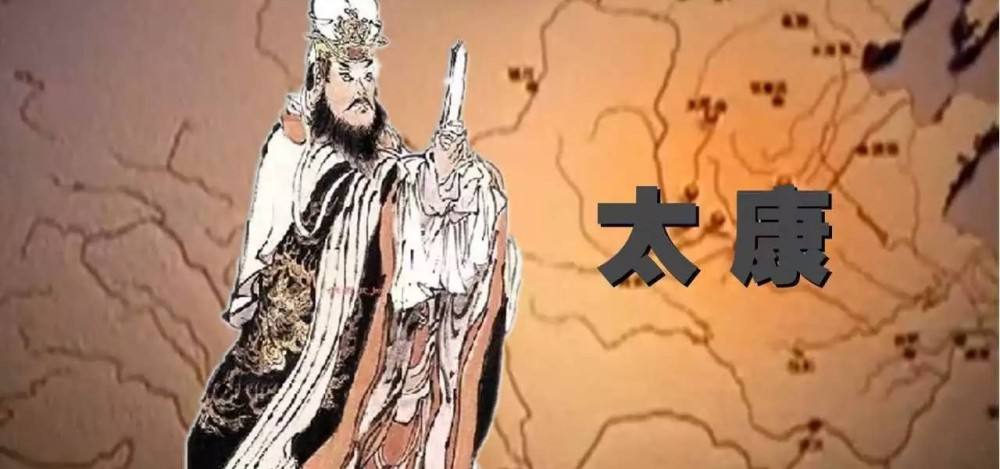
Taikang gradually lost popular support and gave some princes who had coveted power for a long time an opportunity to take advantage of it.
One day, Hou Yi 后羿, the leader of the Youqiong 有穷氏 tribe in Dongyi, shot Taikang while he was out hunting. As soon as Taikang died, Hou Yi easily gained power.

Taikang lost his country because he ignored the people and only wanted to enjoy himself, which made the king’s way unfair.
Tyrant Jie Led the Downfall of the Dynasty 暴桀亡国
Jie 桀 is a famous tyrant in ancient history. During his rule, he was extravagant and tyrannical. During this period, the relationship between the Xia Dynasty and the tribe has broken down. Fewer and fewer tribes paid tribute to the Xia Dynasty. Jie therefore often crusaded against those disobedient tribes.
Jie’s repeated expeditions also angered many more authoritative tribes. Moreover, he only cares about his own enjoyment and ignores the suffering of the people.

About 1600 BC, Tang 汤, the leader of Shang 商 tribe, led tribes to fight against Jie. Tang was powerful and Jie could not resist. He fought while fleeing and finally lost at Mingtiao鸣条.
The Battle of Mingtiao 鸣条之战 marked the fall of the Xia Dynasty and the first hereditary regime in Chinese history. It inherited 13 generations and 17 kings for about 400 years.
Important Influences
The Beginning of the Chinese Slave Society
The establishment of Xia Dynasty marked the end of primitive society and China’s history officially entered the era of civilization.
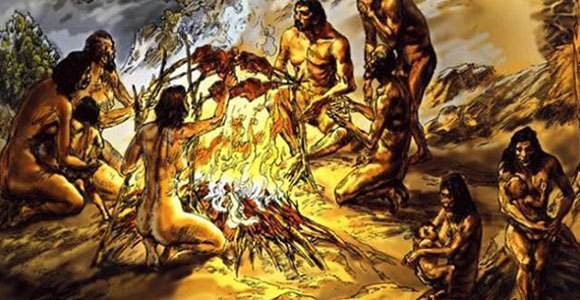

Before the establishment of the Xia Dynasty, it was the era of the tribal alliance. The establishment of the Xia Dynasty marked that China had entered the stage of slave society.
The Abdication Ended, and the Hereditary Monarchy Started
The establishment of the Xia Dynasty also marked the formation of the hereditary system of the throne and the end of the abdication system, which opened the situation of “Family Rule the World”.
Before Yu, tribal alliance leaders were elected by the tribe, which was called the abdication system. For example, Yao abdicated his seat to shun, who passed the position of tribal alliance leader to Yu.
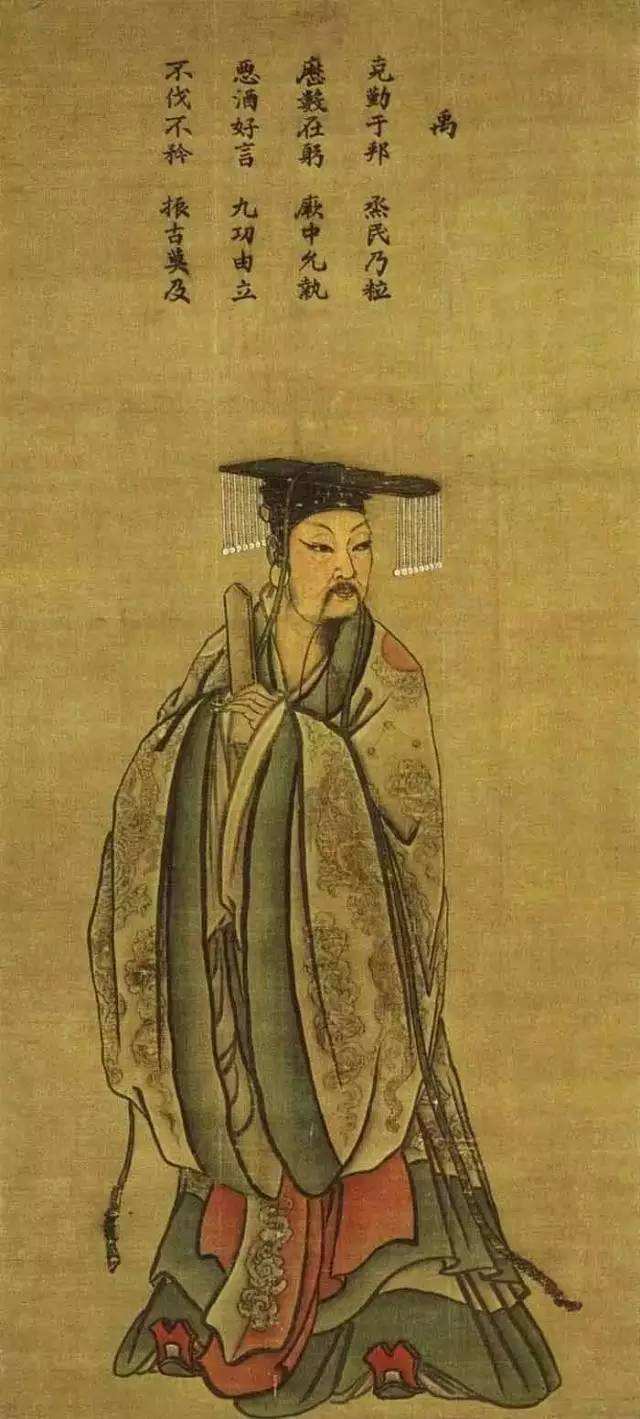
Yu conquer the Sanmiao三苗 and met the tribal leaders in Tushan. At the meeting, the tribal leaders expressed their willingness to pay tribute and submit to Yu. The hereditary system of the throne, which lasted for thousands of years, was established since then.